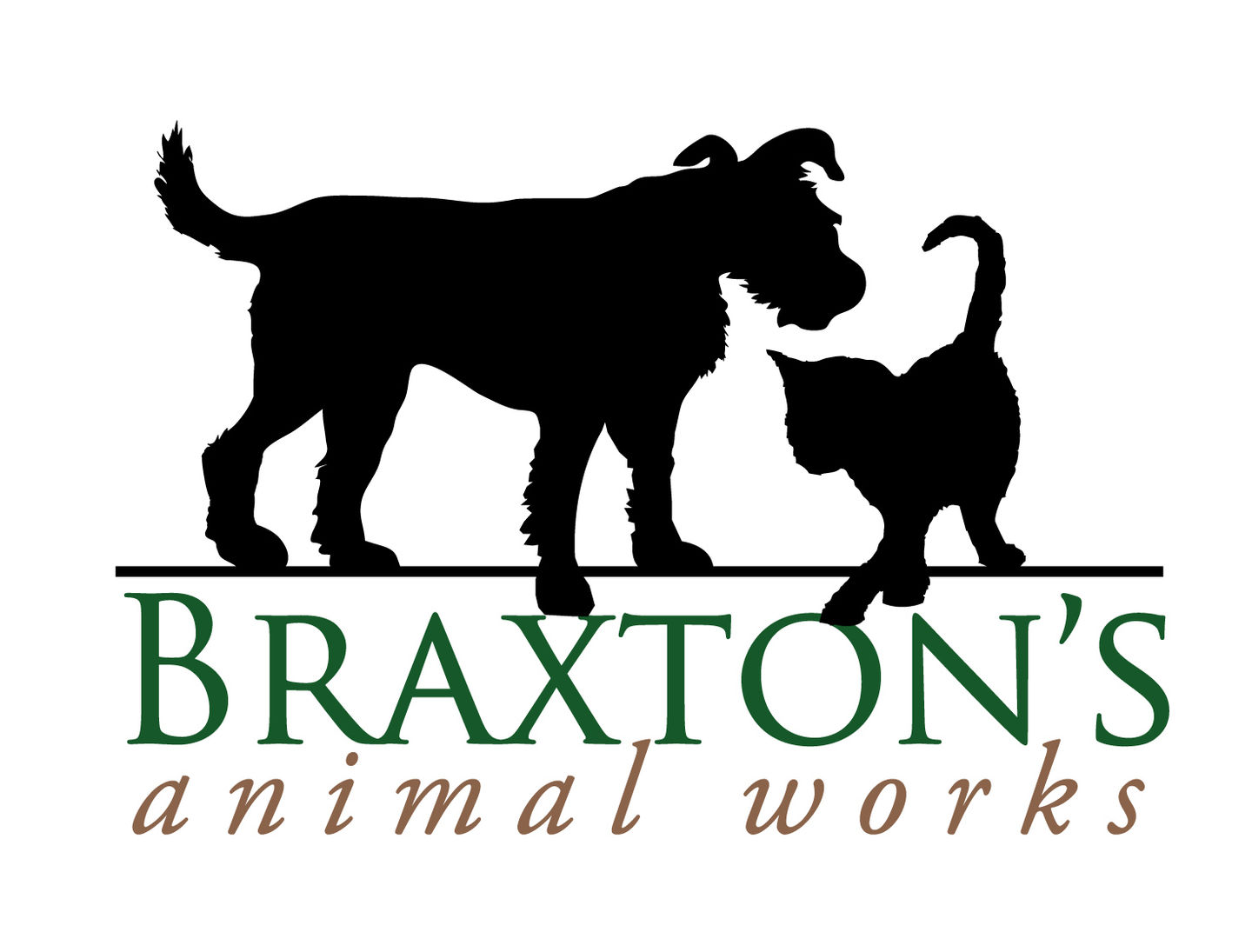Wondering what you should feed your older pet? Do you know if your pet is considered senior? We want to help you discover how to take the best care of your aging four-legged friend and keep them happy and healthy for as long as possible. The good news is the solution is easy: diet and exercise!
When our dogs or cats get older, their food requirements and diets alter. We all want to give our senior pets the finest diet possible to ensure that they may live long, healthy, and happy lives. Take a look at all of our suggestions to see what you should feed your mature pet.
WHAT AGE IS A SENIOR PET?
Your pet is referred to as a senior at various ages depending on its species, size, and/or breed. Large breed dogs mature the quickest and are considered seniors at seven years old. Smaller breed dogs, under 50 pounds in weight, are labeled as senior canines at 10 years old. When cats reach ten years of age, they are regarded seniors.
IS THERE A DIFFERENCE BETWEEN SENIOR AND ADULT FOOD?
When it comes to feeding your senior pet, they need high-quality food to maintain their overall health. They should consume less processed meals that are kinder on the stomach and include greater nutrients. To help promote total body wellness, consider a diet with probiotics and antioxidants. Make sure your older pet stays hydrated by keeping water bowls clean and full and feeding meals high in moisture. Senior diets are usually tailored to a slower lifestyle. Most senior formulas add ingredients like fish oils or turmeric to help with joint lubrication and inflammation.
RAW FOOD FOR SENIOR PETS
A raw diet for dogs or cats contains a high moisture content, so you can rest assured knowing that your senior pet is getting the proper hydration they need from their meals. This is important for kidney function as they age. Choosing a raw diet that is lower in fat can help curb excess weight gain as their metabolism slows and activity level decreases.
WHAT IF THEY ARE MISSING TEETH?
Raw diets, whether frozen raw option for dogs or cats, or a freeze-dried raw option for dogs or cats, are easy for your senior pet to eat if they are missing teeth or have oral health issues. Wet foods are also great for senior pets with difficulty chewing. Wet foods, for cats or dogs, are an easy way to add hydration, and provide great nutrition and a complete and balanced diet for your senior pet.
EXERCISE
The amount of exercise needed is breed specific. If your dog has always struggled with their weight, you will want to continue a regular walking/jogging routine. If they have been relatively lean and active, you may only need to walk them a few times a week. However, all dogs love a good game of fetch or tug-of-war so make sure to keep up with that as well!

Cats are known for being lazy, but that doesn’t mean they don’t need to stay active. Indoor cats especially need to be provided with toys and opportunities to run and jump. A simple way to do this is by setting up an obstacle course in your home using furniture, boxes, or even blankets!
Regardless of their breed or species, it's critical to offer your older pet high-quality food and quality exercise. This helps your senior pet maintain a healthy state throughout their lives so you can make their golden years the greatest they can be! Do you have a senior pet? Do you supplement their diet in anyway to keep them at their best? Let us know below!

